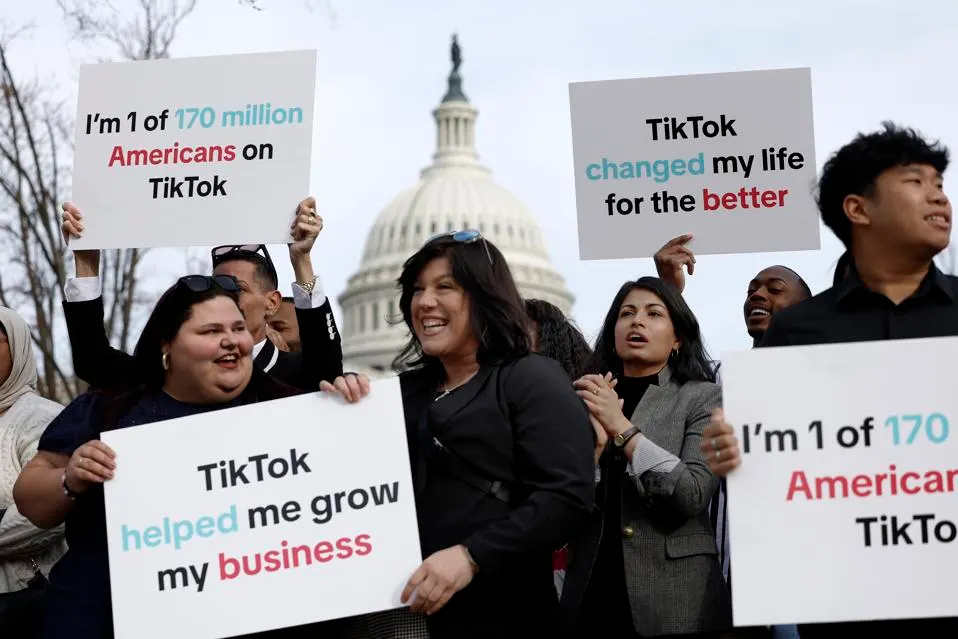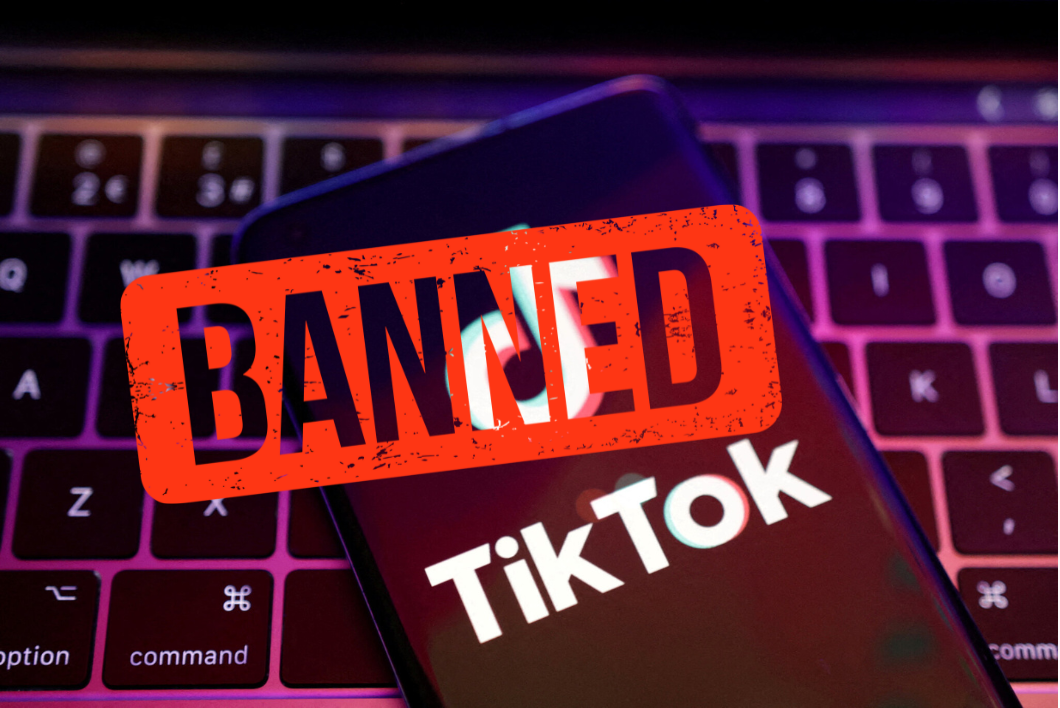Potential TikTok Ban From Viral Videos to Showdown
Table of Contents
Introduction TikTok Ban
The meteoric rise of TikTok, the short-form video app, has captivated millions worldwide. From viral dance challenges to educational content and career launches, it’s become an undeniable force in the social media landscape. However, this rise has been accompanied by growing concerns, particularly regarding national security and data privacy. These concerns have culminated in the very real possibility of a ban on the app in the United States. Let’s delve deep into the reasons behind this potential ban, its potential ramifications, and the broader conversation it ignites about the future of social media.
National Security Concerns: A Web of Entanglement

National security anxieties lie at the heart of the potential TikTok ban. The app’s ownership by ByteDance, a Chinese company, is a significant source of apprehension. Here’s a breakdown of the key issues:
- Data Collection Dragnet: TikTok gathers a vast amount of user data, including location, browsing history, and even private messages. This data collection may extend beyond the app itself, potentially encompassing keystroke patterns and app usage data. Critics fear this data could be accessed by the Chinese government, potentially enabling espionage or the misuse of user information for nefarious purposes. This includes concerns about user profiling, tracking movements and activities, and potentially using this information to target individuals or manipulate public opinion.
- Censorship Specter: Another major concern is the possibility of the Chinese government pressuring ByteDance to censor content critical of China. This raises questions about the platform’s commitment to freedom of speech and the potential manipulation of information for political gain. Critics cite instances where content deemed critical of China has been removed from the platform, raising concerns about a chilling effect on free expression.
Examining the Evidence: Transparency vs. Suspicion
However, the extent of data collection and potential misuse is a subject of ongoing debate. TikTok maintains that user data for American users is stored outside of China, with additional assurances that the Chinese government has no control over content moderation. This lack of transparency, however, fosters an atmosphere of suspicion and fuels calls for stricter regulations.
The Role of CFIUS: Scrutinizing Foreign Investment
The Committee on Foreign Investment in the United States (CFIUS) is a U.S. interagency committee that reviews certain transactions involving foreign investment in U.S. businesses to determine if they could pose a national security risk. CFIUS has been involved in ongoing discussions with ByteDance regarding the future of TikTok in the U.S. The outcome of these discussions could significantly impact the potential ban.
Data Privacy Labyrinth: Beyond National Security
National security concerns aren’t the sole driving force behind the potential ban. Data privacy issues also play a critical role:
- Opaque Data Sharing Practices: A major concern is the lack of transparency surrounding how TikTok uses and shares user data. Critics are apprehensive that user information could be sold to third parties or used for targeted advertising in ways users may not fully understand. This lack of transparency fosters distrust and raises questions about user control over their own data. Understanding how data is collected, used, and potentially monetized is crucial for users to make informed decisions about their online activity.
- Algorithmic Bias: A Double-Edged Sword: TikTok’s algorithm, which tailors content for each user, has been criticized for potentially promoting misinformation and addictive content, particularly for younger users. This raises concerns about the platform’s potential negative impact on mental well-being and the spread of disinformation. The very feature that personalizes the user experience can also create echo chambers and limit exposure to diverse viewpoints. Concerns have also been raised about the potential for filter bubbles, where users are only shown content that reinforces their existing beliefs, limiting their ability to encounter challenging or opposing viewpoints.
A Deep Dive: The Algorithmic Conundrum
Understanding algorithmic bias requires venturing beyond the technical aspects. Social media algorithms are designed to keep users engaged, often prioritizing content that triggers strong emotional responses, regardless of its accuracy or objectivity. This can lead to the spread of misinformation and the creation of echo chambers where users are only exposed to information that confirms their existing beliefs. The potential negative impact on mental health, particularly for younger users who are more susceptible to peer pressure and social validation online, is a growing concern.
The Evolving Landscape of Data Privacy Regulations
The debate surrounding data privacy goes beyond the potential TikTok ban. The European Union’s General Data Protection Regulation (GDPR) and California’s Consumer Privacy Act (CCPA) are examples of regulations that aim to give users more control over their data. Understanding the evolving landscape of data privacy regulations provides context for the potential impact of a TikTok ban in the U.S. These regulations highlight a growing global awareness of the importance of data privacy and the need for stricter regulations on how social media platforms collect, use, and share user data.






